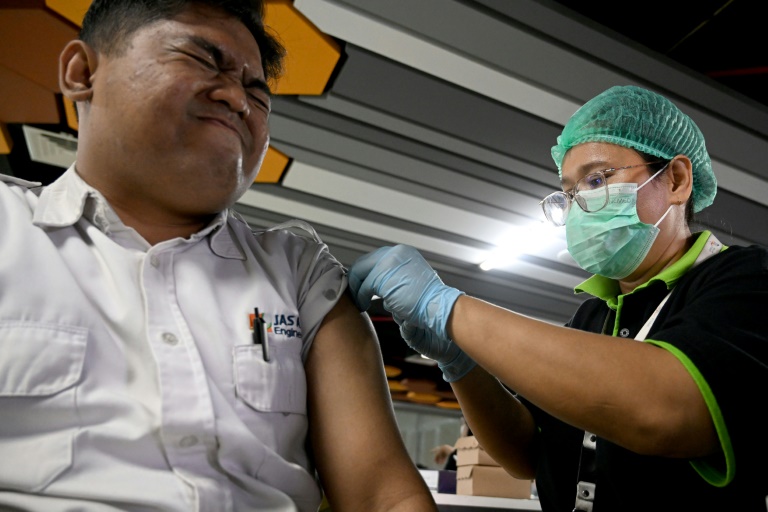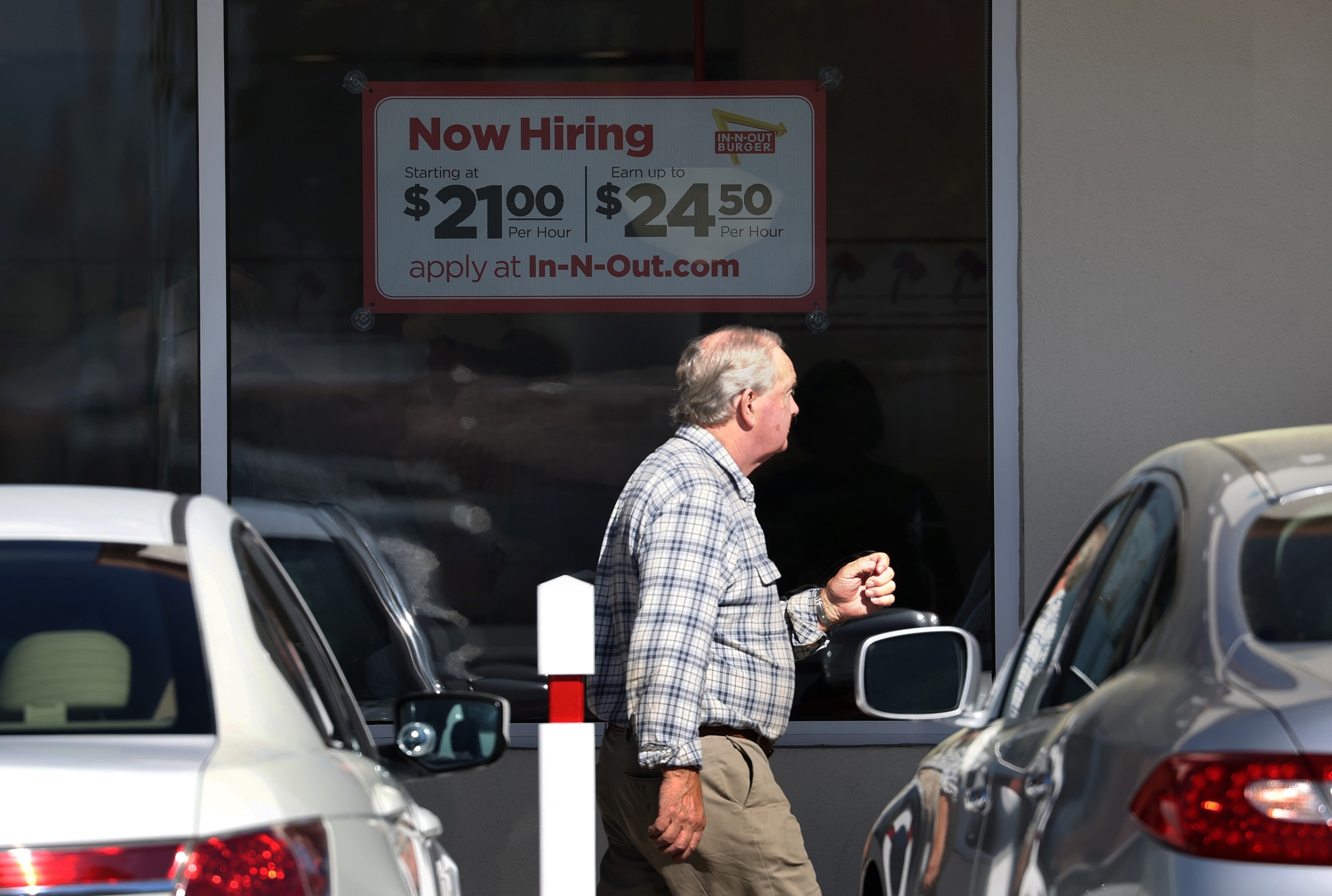Four years after the emergence of Covid-19, the conversation in global public health has moved on from dealing with an immediate crisis to how we can best prepare for the next pandemic.
Having been through one such disaster, we now have many useful lessons to draw on. But not all of our leaders have absorbed the same takeaways. Some very misguided ideas on pandemic preparedness are still afoot. In particular, there remains a campaign to strip intellectual property protections from Covid-19 tests and treatments.
The debate will likely come to a head next week when members of the World Trade Organization meet in Abu Dhabi. But the reality is that far from hindering access to pandemic-related medical technology, IP rights ensured that vaccines and then treatments were widely distributed all over the world. We should build on this system — not tear it down.
As well as regulating global trade in goods, the WTO facilitates the exchange of intellectual property. Under The Agreement on Trade-Related Aspects of Intellectual Property Rights (TRIPS), all members have agreed to protect and enforce IP rights, which include patents.
Back in 2020, South Africa and India started petitioning the organization to suspend the TRIPS Agreement for Covid-19 vaccines, claiming that waiving vaccine IP rights in this way would get shots distributed more quickly and equitably to help end the pandemic.
What actually happened was that drug developers transferred their IP to qualified manufacturers all over the world through voluntary licensing agreements — no waiver required. The world was soon awash in vaccines, but not the ability to distribute them. Due to lack of demand, storage, and logistical capacity, countries turned vaccine shipments away and let them expire in warehouses. Clearly, developing countries needed help — but not in the form of free IP. They needed better roads and healthcare systems.
After much debate and for no logical reason, the WTO — which makes decisions by consensus among its 164 members — went ahead and agreed to suspend the TRIPS Agreement for Covid-19 vaccines in June 2022, thereby nullifying patent protections for these inventions. This gave certain WTO member countries the right to copy an original vaccine without repercussion, and also without the training and knowledge transfer that would accompany a voluntary license.
Yet the waiver has had no impact on vaccination rates. As of November 2023, just under a third of people in low-income countries had received a Covid-19 shot. And no country had used the waiver to produce Covid-19 vaccines for its population.
Meanwhile, the CEO of one of the world’s biggest vaccine producers, the Serum Institute of India, highlighted an actual barrier to vaccine uptake: a patchwork of regulatory approval processes in different countries that slowed efforts to get doses to patients.
A better role for the WTO may have been to harmonize some of those regulations. Instead, some members are pushing to expand the vaccine waiver to include Covid-19 tests and treatments.
This would do far more harm than good. Patents guarantee that firms risking their capital on new treatments can seek a return if their bets prove successful — which is what keeps funds flowing into drug development. In the case of Covid-19, patents enabled the research and development that led to a record-setting rollout of safe, effective vaccines. To provide just one example, Pfizer invested $2 billion in testing and manufacturing capacity for Covid-19 shots, with no guarantee of success. That couldn’t have happened without patent rights.
Once developers came up with Covid-19 vaccines and treatments, they voluntarily partnered with reputable manufacturers to scale capacity. AstraZeneca licensed its vaccine to the Serum Institute, Pfizer licensed its oral antiviral to the Medicines Patent Pool, and Johnson & Johnson licensed its vaccine to a South African producer. Over 50 of nearly 380 vaccine production and manufacturing agreements were in the developing world.
This blueprint, improvised in the throes of a global pandemic, is an ideal model for future pandemic preparedness. By contrast, the push to expand the patent waiver hinders our readiness. Further gutting IP rights will discourage investment and innovation in drug development, which will make us all worse off in the long run.
Fortunately, WTO members recently adopted a resolution that affirmed the Organization’s lack of consensus regarding the proposed waiver extension. But the debate isn’t over yet — and could’ve been avoided in the first place if the Biden administration had simply implored the WTO to abandon this dangerous proposal.
There’s still time for the administration to act. In crafting our strategy for dealing with future pandemics, the White House should immediately call on WTO members to finally reject the backward-looking and short-sighted campaign to waive patent rights.
Dr. Wolfgang Klietmann is a former clinical pathologist and medical microbiologist at Harvard Medical School.







